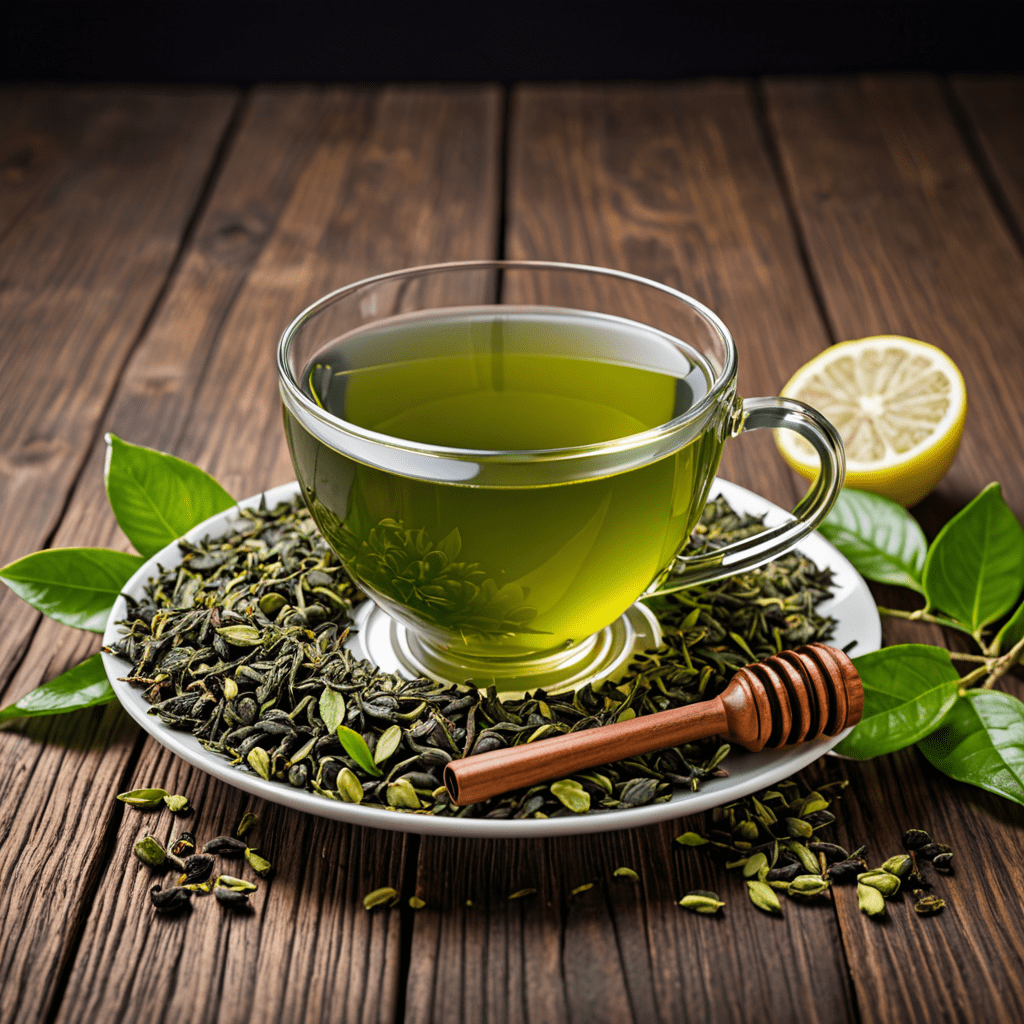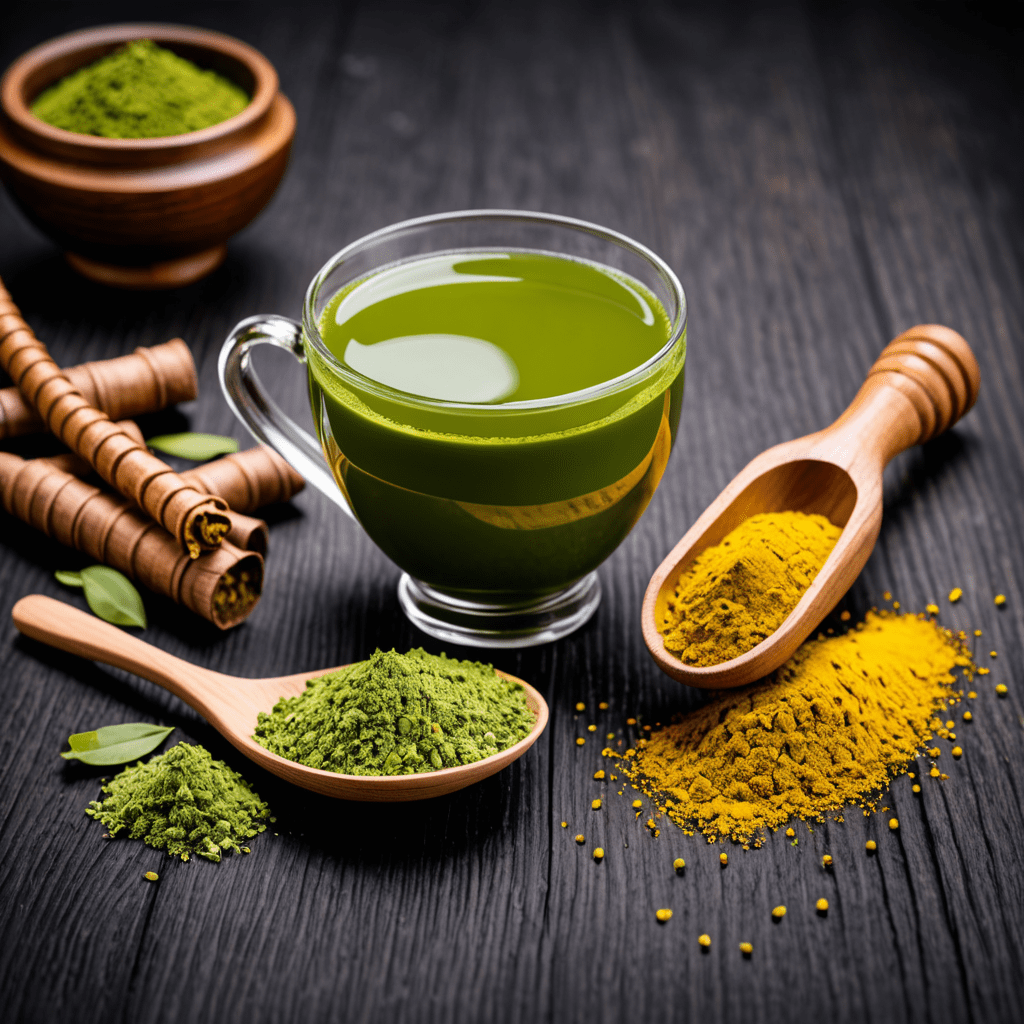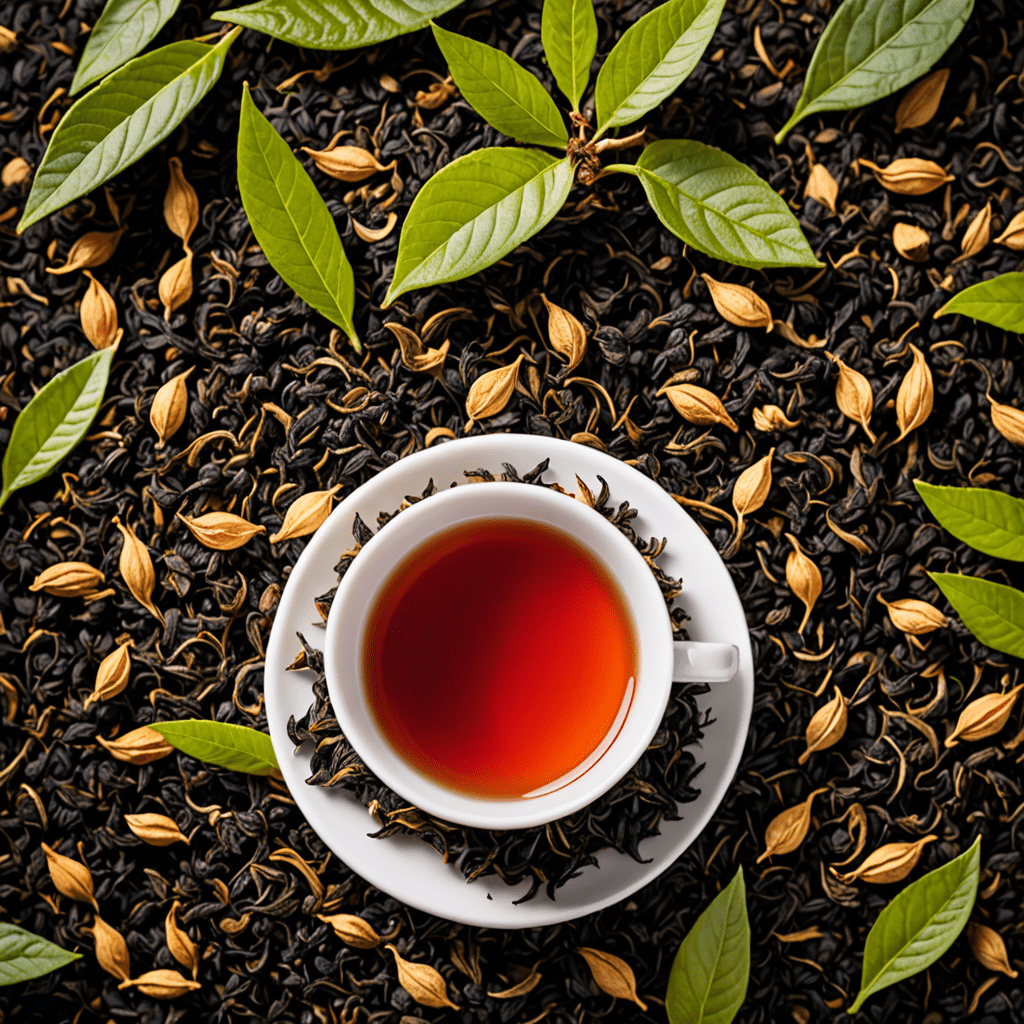Unveiling the Truth: Uncovering the Efficacy of Green Tea Masks
Green tea has been celebrated for its numerous health benefits, from aiding in weight loss to promoting heart health. Among its many uses, green tea is often praised for its potential skincare benefits when applied as a mask. But does green tea mask work? Let’s delve into the science behind this popular beauty trend to uncover the truth.
The Power of Green Tea
Before exploring the effectiveness of green tea masks, it’s essential to understand the key components that make green tea a popular choice in the beauty industry. L-theanine, polyphenols, and antioxidants found in green tea are known to possess anti-inflammatory and antimicrobial properties, which can be beneficial for skin health and appearance.
Understanding Green Tea Masks
Green tea masks usually involve applying a mixture of green tea and other natural ingredients directly onto the skin. The purported benefits range from reducing acne and inflammation to improving skin complexion and texture. But do these masks truly deliver on their promises?
The Science Behind Green Tea Masks
Studies have shown that the polyphenols in green tea possess potential skin-protective properties, including the ability to neutralize free radicals and reduce inflammation. Additionally, green tea may help regulate sebum production, making it a potential ally in managing oily and acne-prone skin.
Real-world Experiences
While scientific research provides valuable insights, individual experiences with green tea masks can provide further understanding of their efficacy. Many users report positive results such as reduced redness, minimized pores, and a more radiant complexion after incorporating green tea masks into their skincare routines.
Recommendations and Precautions
When using green tea masks, it’s important to choose high-quality, organic green tea to maximize potential benefits. Additionally, individuals with sensitive skin should perform a patch test to ensure they do not experience any adverse reactions. As with any skincare product, consistency and moderation are key to achieving the best results.
FAQs
Q: Can green tea masks help with acne?
A: Green tea’s anti-inflammatory and antimicrobial properties may aid in reducing acne and calming inflamed skin. Regular use of green tea masks, in conjunction with a proper skincare routine, may contribute to improved acne management.
Q: Are there any potential side effects of using green tea masks?
A: While green tea masks are generally considered safe for most skin types, some individuals may experience allergic reactions or skin irritation. It’s advisable to conduct a patch test before applying a green tea mask to the entire face and to discontinue use if any adverse effects occur.
Q: How often should green tea masks be used for optimal results?
A: For most individuals, using a green tea mask once or twice a week is sufficient to experience potential benefits without overloading the skin. Consistency is key, but it’s important to pay attention to how your skin responds and adjust the frequency of use accordingly.
When it comes to the efficacy of green tea masks, the evidence suggests that they hold promise in contributing to improved skin health and appearance. By understanding the science behind green tea and heeding recommendations for usage, individuals can potentially harness the benefits of this natural skincare remedy.



